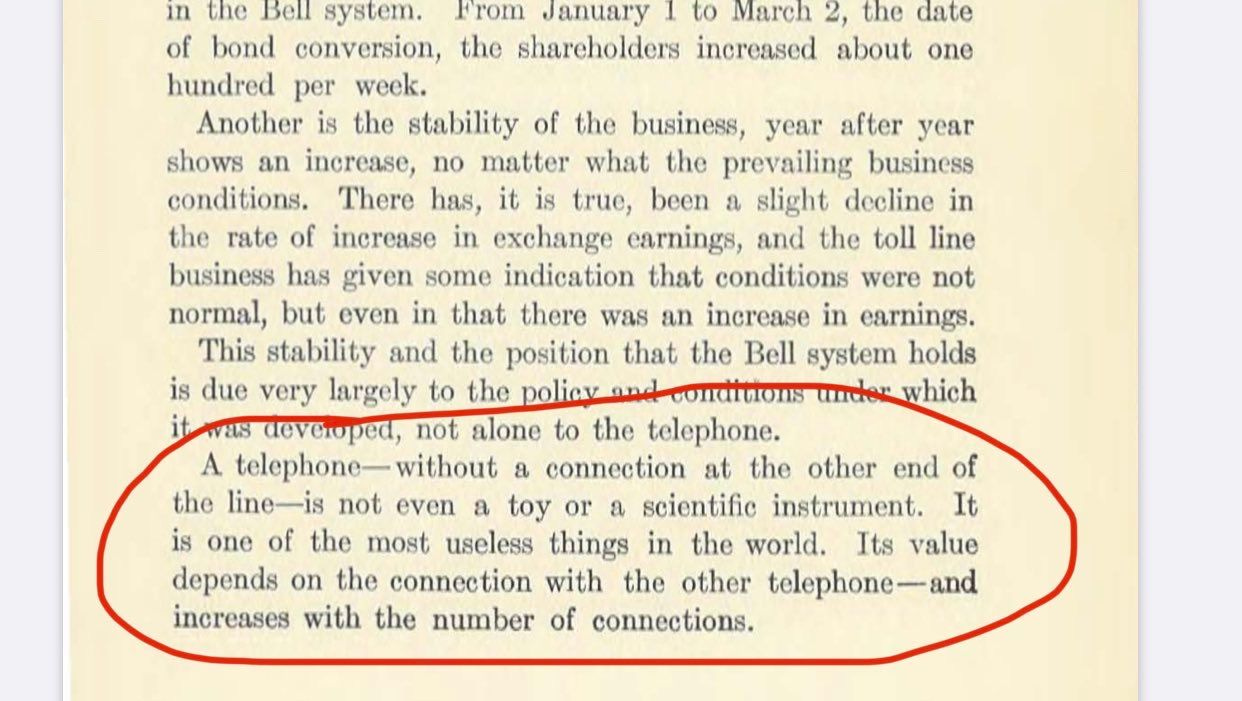One Step Up Issue #24
This week we look at Donald Trump/US Elections, the economics of the streaming market, software investing, Discord, the makings of a multibagger (Altafox Capital)
Featured article: One Clear Casualty of the Streaming Wars: Profit
Gem of an article from Doug Shapiro (ex-CSO Time Warner) highlighting the economics behind the streaming and cable networks industries and data backed nuggets, proving to be a solid primer for anyone interested in understanding the industry.
For context, the cable networks business is one of the most profitable industries in the U.S.; it represents the vast majority of major media companies’ profits; traditional TV networks revenue growth is, for the first time, stagnating; and traditional TV is far larger than the streaming market — roughly $100 billion in TV network affiliate fees and national TV advertising last year, compared to only $19 billion in streaming subscription and ad revenue.
Here’s a business axiom: if you’re trying to make money, it is bad if people enter your business who are not trying to make money.
I would fail to do my job if this week we didn’t have a little something to read about the US Elections and the resultant outcome. While ample analysis has been done by the media and other pollsters, this article below highlights what this means for the US as a nation.
Trump Is Gone. Trumpism Just Arrived.
The clarifying truth is that we’re a very closely divided country, growing further apart culturally and socially, exploited by extremists on right and left, and yet still, fundamentally, sane. The American people do not want a revolution, but they also realized they do not want Trump as head of state. They removed the nutcase, defanged the woke, showed up to vote in vast numbers, and gave us a constellation of forces in Washington that pleases no one. And that’s ok.
How Discord (somewhat accidentally) invented the future of the internet
Discord is at the center of the gaming universe. It has more than 100 million monthly active users, in millions of communities for every game and player imaginable. Its largest servers have millions of members. Discord's slowly building a business around all that popularity, too, and is now undergoing a big pivot: It's pushing to turn the platform into a communication tool not just for gamers, but for everyone from study groups to sneakerheads to gardening enthusiasts.
Voice chatting in Discord isn't like setting up a call, it doesn't involve dialing or sharing a link and password or anything at all formal. Every channel has a dedicated space for voice chat, and anyone who drops in is immediately connected and talking. The better metaphor than calling is walking into a room and plopping down on the sofa: You're simply saying, I'm here, what's up?
The story of how Crowd1 cheats people using the all too common pyramid scheme.
Link to the BBC documentary in the link above, summary in the thread below.


The Makings of a Multibagger: An Analysis of the Best Performing Stocks over the Past 5 Years
Fabulous analysis of >100 companies, boiling down the the common denominator for a great investment with highlights from each company, what investors missed and what subsequently happened leading to the outsized returns .
Look for businesses with advantageous positioning: 80% of businesses had moderate-to-high barriers to entry and 91% had moderate-to-high competitive advantages.
Spend time on financially healthy companies: 88% of outperformers came from a position of financial health in June 2015 and grew faster than the market might have anticipated. Looking for financially healthy companies, rather than turnarounds, is also less risky.
Acquisitions can create value: While many acquisitions fail to create value1 , the highest performing stocks often leverage acquisitions to bolster their returns. If you are looking for phenomenal returns, finding companies that make strong acquisitions will increase your odds of success.
Don’t rely on multiples: While it is always better to buy a great business at a low multiple rather than a high one, many of the top performing stocks began with already healthy multiples – those multiples often expanded even further.
Be open to international companies: Many of the best performing were American (32%); however, the USA was underrepresented in the set2 , meaning it is less likely that a company in America would achieve > 350% returns compared to some other countries such as Sweden, Australia, and Germany.
What we today know as “network effects”, from AT&T’s annual report from 1908.
Till next time.








